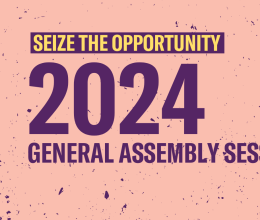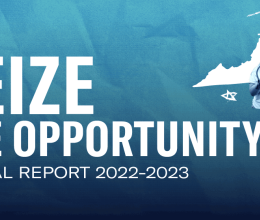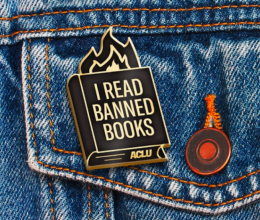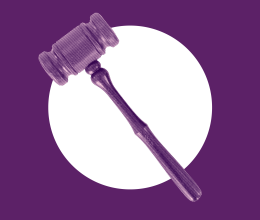
We trust our elected officials to represent us, listen to our feedback, and provide us with information on issues of public importance. In our modern era, public officials use social media to conduct official business, share important information about key issues, and engage with their constituents.
No one should be denied access to these social media platforms or blocked from expressing their opinion because their viewpoint does not align with that of their elected official. The First Amendment of the U.S. Constitution demands it, as do Article I, § 12 of the Constitution of Virginia and existing caselaw. Yet in spite of these laws, some elected officials in the Commonwealth continue to delete comments and block people on social media just for exercising their right to free speech.
A limited or designated public forum is a venue that “the government has purposefully opened to the public, or some segment of the public, for expressive activity.” Speech in these forums is protected under the First Amendment, just as it would be in a traditional forum like a public park or sidewalk. The First Amendment also prohibits viewpoint discrimination in all forums. It is unconstitutional for a government official to restrict speech based on someone’s point of view.
These First Amendment principles also apply to social media. In January 2019, the U.S. Court of Appeals for the Fourth Circuit held that government officials may not block people because of their viewpoint, nor can they retaliate against speech they dislike, on social media. The court held that Loudoun County School Board Chair Phyllis Randall “committed a cardinal sin under the First Amendment” when she deleted comments and blocked Brian Davison from accessing her Facebook page.
Because Randall used her Facebook page for official purposes, including informing residents of important meetings or public safety issues, it is considered a public forum. By blocking Davison and deleting his comments, Randall violated his First Amendment right to free speech by engaging in viewpoint discrimination.
Censoring comments and blocking constituents on social media accounts used for public purposes is impermissible when based on the content or viewpoint of the messages being deleted or blocked. Elected officials should be aware of their legal obligations, and each constituent should be informed of their First Amendment rights with respect to social media public forums managed by elected officials.
If your public official has deleted your comments or blocked you on their official social media page, we encourage you to take screen shots, contact their office to register your complaint, and complete an ACLU-VA intake form. Your voice deserves to be heard by those elected to represent you.



